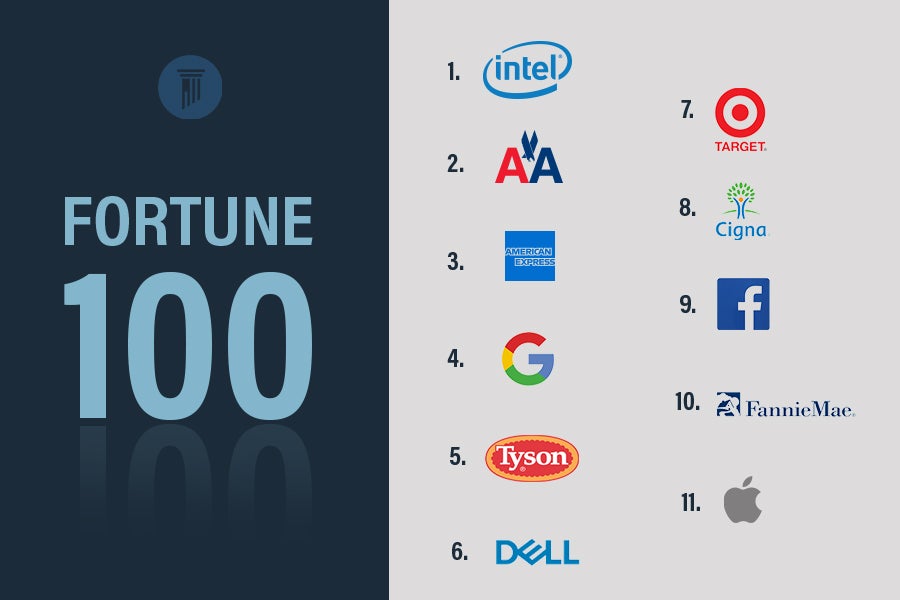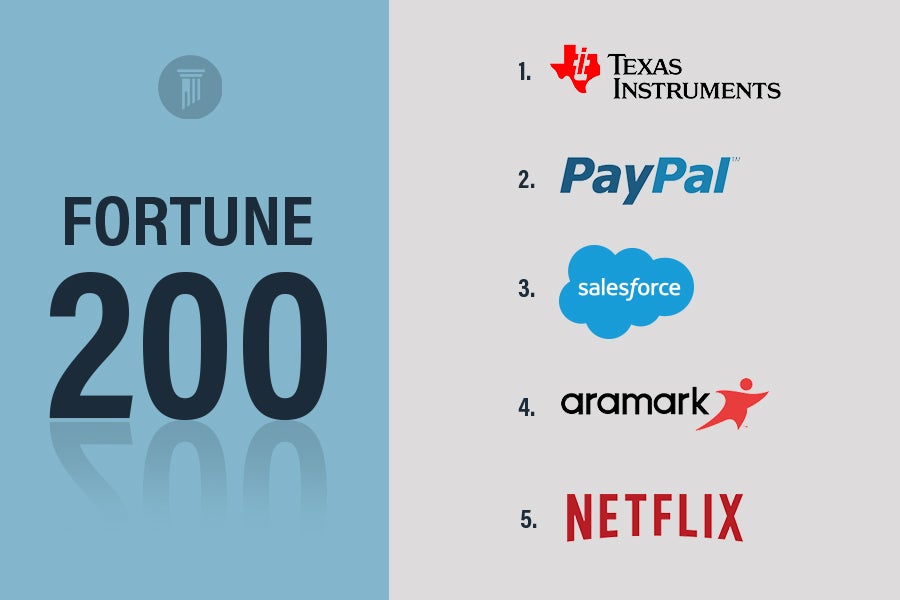
by Liberty McArtor • 5 min read
When religious freedom thrives and Americans are free to live out their faith, all other areas of our country also flourish—including the economy.
A previous study of 173 nations from Georgetown and Brigham Young Universities shows that innovative strength is more than twice as likely among countries with few religious restrictions and low religious hostility.
That same study found that religious freedom, when controlling for other factors, is one of the only variables that significantly predict GDP growth. What’s more, the twelve most religiously diverse nations with robust protections of religious freedom have the best economic growth.
Recently, the Religious Freedom and Business Foundation (RFBF) released its second annual report, called the Corporate Religious Equity, Diversity and Inclusion (REDI) Index. The report details how the very top Fortune 500 companies are protecting religious liberty and celebrating religious diversity.
Before diving into the report’s exciting findings, it’s important to note that the REDI Index reinforces a very important trend: religious freedom is good for business.
Let’s take a look at the 2021 REDI Index and why promoting religious liberty and fostering a faith-friendly workplace is increasingly becoming a positive trend in many of America’s most influential companies.
Corporate Faith Groups Help Employees Navigate COVID Crisis
Every year, the REDI Index uses a unique ranking system to measure Fortune 100 companies’ commitment to religious inclusion. This year for the first time, the report included Fortune 200 companies, as well.
“It may be that as the activities around religious inclusion in the Fortune 100 companies become better known, more Fortune 200 will follow suit,” the report states. That’s definitely a reason for optimism.
Here’s another interesting finding from the new report: 2020 was the first year many companies held “Faith-and-Belief ERG Community ‘Training’ Calls,” or presentations on ways to improve workplace religious inclusion. (ERG stands for employee resource groups, where members of various groups can find fellowship and support within their company.)
“During the calls, companies discussed their experiences and their strategies for recognizing religious diversity and creating an inclusive space within their respective corporate cultures,” according to the report.
It’s no accident that 2020—the year the coronavirus pandemic rocked many people’s realities—as the first year these training calls became popular. In fact, religious ERGs played a key role as companies navigated the unprecedented waters of the pandemic. Here’s what the report had to say:
“During the shutdowns due to the covid-19 pandemic, faith-oriented ERGs in many companies were called upon to be part of the compassionate response within their companies as well as share their experiences with other companies.”
Offering compassion during the pandemic was not the only way faith-based employee groups made a practical difference. The 2021 report describes something that happened at Salesforce, the third-highest scoring Fortune 200 company listed. In 2019, a Salesforce employee lost a relative in the anti-Christian Sri Lanka bombings on Easter of that year. The company’s interfaith ERG, “Faithforce,” hosted a vigil in support of the employee suffering loss. As the REDI Index notes, this tragedy:
“…Provided an opportunity for Salesforce to exist as more than simply a workplace, but as a source of human empathy and support…Particularly in the context of 2020, the volatile and traumatic events of this year demonstrate the value of faith ERGS to respond to crises in a way that companies may otherwise not be adept to do.”
It’s clear that beyond being good for business financially, religious freedom and diversity are good for business culture. When employees are free to live out their faith at work, they can provide enormous benefits to their companies and communities.
Top Scoring Companies
This year, Intel was the top-scorer among Fortune 100 companies, and Texas Instruments claimed the top ranking among Fortune 200 companies. Here is a rundown of all the very top companies, ranked for their religious inclusion:

* Statistics and data courtesy of the Religious Freedom and Business Foundation.

* Statistics and data courtesy of the Religious Freedom and Business Foundation.
It’s clear from the research that religious freedom is good for employees, for companies, and for the economy in general. Prioritizing religious inclusion hasn’t always been on successful companies’ agendas, but that appears to be changing.
What’s your experience with religious inclusion at work? Tell us in this quick survey: